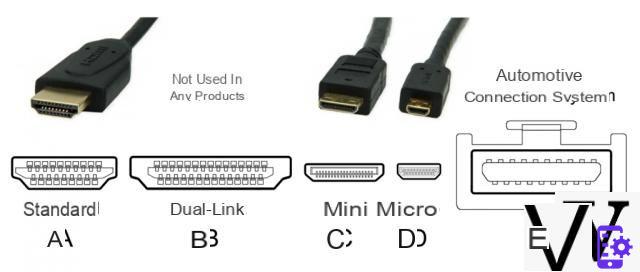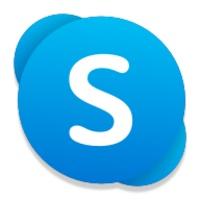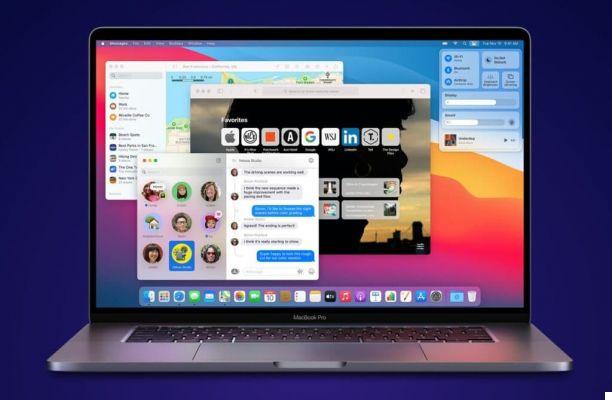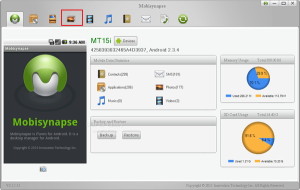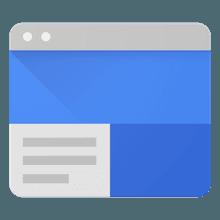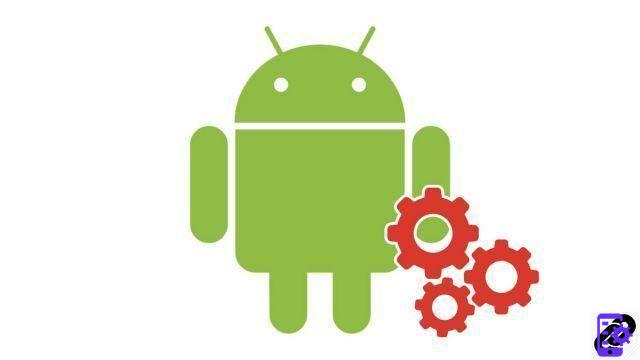
Connected online courses (MOOCs) offer an innovative training framework to internet users who are adept at e-learning. How does a MOOC work? Which format to choose?
- What does "MOOC" mean? "
- Main characteristics of a MOOC
- How to choose a MOOC?
- Where can I find a MOOC?
- Online tools inspired by MOOCs
What does "MOOC" mean? "
The acronym MOOC (“Massive open online course”) designates in French “massive open online courses” (CLOM). It is an interactive learning format that allows Internet users to learn in a wide variety of fields: mathematics, finance, management, commerce, etc.
The MOOC movement appeared in the early 2000s in American academia, spurred on by the Massachusetts Institute of Technology (MIT).
It initially consisted in making lectures (documents / videos) from various prestigious schools available free of charge to Internet users.
These courses have been structured for several years, and several establishments / platforms now offer more elaborate MOOCs.
Main characteristics of a MOOC
A MOOC has the following characteristics:
- It takes place online: either asynchronously (resources available à la carte), or synchronously (organized by a structure within a determined time)
- It is free: documents, presentations, videos and other educational resources are made available free of charge,
- It is directive or participatory (see below),
- It relies on various digital tools: videoconferencing, blogs, support forums, etc.
- It includes evaluations.
How to choose a MOOC?
There are two main families of MOOCs. This distinction is important in choosing a format suited to your learning needs.
- CMOOCs: This type of MOOC is essentially collaborative. The content is produced by the participants. It is organized around a theme, but does not necessarily follow an established progression.
- XMOOCs: this type of MOOCs is similar to lectures (guided teaching) and offers many additional resources. The progression is punctuated by evaluations. An xMOOC is more often certifying.
Where can I find a MOOC?
On platforms hosting MOOCs in different areas:
- EdX,
- Udacity,
- Coursera,
- Open2study.
Online tools inspired by MOOCs
Some online learning platforms are inspired by MOOCs: this is the case of Codeacademy, which allows you to learn different web languages (HTML, CSS, PHP, etc.) in a progressive and interactive way.
Photo : © raywoo - Fotolia.com





